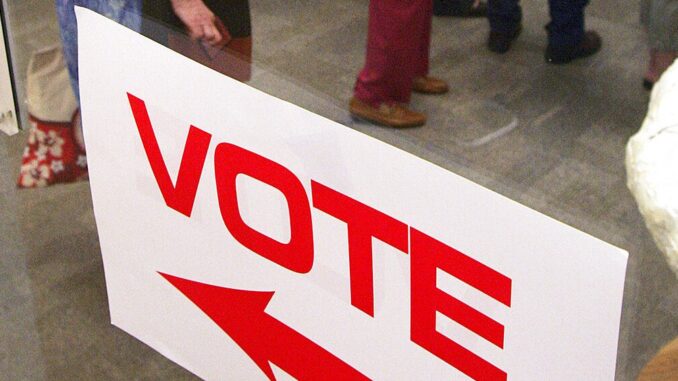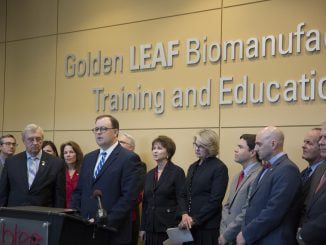
RALEIGH — North Carolina Senate Republicans have put forward three constitutional amendments for consideration on the 2024 general election ballot.
The proposed amendments, which cleared their first committee meeting on June 20, address citizen-only voting, voter ID requirements and a further reduction of the state’s income tax cap.
Republicans in the House have already proposed a citizen-only voting amendment in House Bill 1074.
Sen. Brad Overcash (R-Gaston) defended the citizen-only voting proposal, stating, “Democrats in far-left cities and states are doing everything they possibly can to allow noncitizens to vote in elections. The best defense we can mount against these attacks on democracy is to empower the people of North Carolina to amend their own constitution.”
The second proposed amendment aims to reduce the maximum allowable income tax rate from 7% to 5%.
Senate Leader Phil Berger (R-Eden) emphasized the importance of preserving the state’s progress in lowering taxes, saying, “Now, we must ensure no future legislative body will raise taxes at a level that would erase those historical reductions and rob the wallets of North Carolinians.”
The other amendment would require all voters, not just those voting in person, to present photo identification before voting.
Sen. Warren Daniel (R-Burke), chair of the Senate Redistricting and Elections Committee, argued voter requirement changes would “provide a stronger safeguard against any potential fraud.”
Republicans cite recent polling data showing strong support for these measures among North Carolina voters.
A poll conducted in early May found that 87% of likely voters support a constitutional amendment clarifying that only U.S. citizens are eligible to vote in state and local elections. Another poll showed 71% of North Carolinians favor reducing the maximum allowable income tax rate to 4%, and 70% support requiring photo identification for all voters.
These proposals are likely to face opposition from Democrats and voting rights advocates, who may argue that such measures could potentially restrict voting access or disproportionately affect certain groups of voters.
The amendments would need to pass both chambers of the state legislature before being placed on the 2024 ballot for voter approval. Constitutional amendment ballot proposals are not subject to veto by the governor.
Prior to the legislature adjourning on June 28, House Bill 1074 passed and the state’s voters will decide in November whether they are for or against a “Constitutional amendment to provide that only a citizen of the United States who is 18 years of age and otherwise possessing the qualifications for voting shall be entitled to vote at any election in this State.”
The measure passed the Senate 40-4 and the House 99-12.



